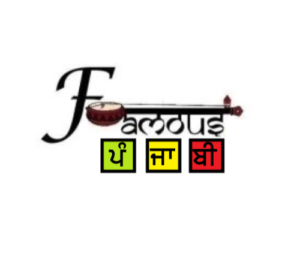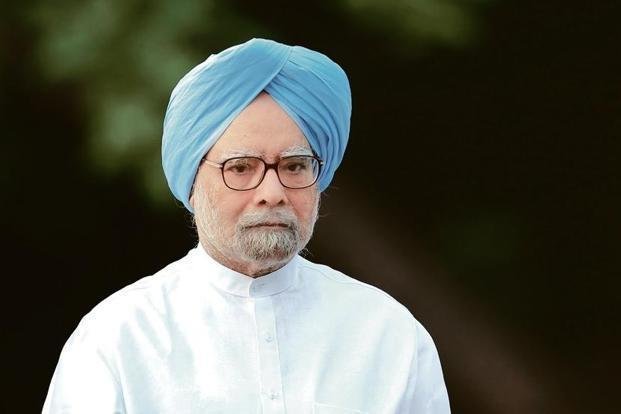NAME : MANMOHAN SINGH
DATE OF BIRTH : 26TH SEPTEMBER 1932
BIRTH SIGN : LIBRA
BEGINNINGS :
Manmohan Singh was born in Gah, Punjab. He lost his mother when very young and was raised by his paternal grandmother to whom he was very close. He did his schooling in the Urdu medium. After partition his family migrated to Haldwani and in 1948 they relocated to Amritsar. He did his Bachelor’s and Master’s in Economics from Panjab University then in Hoshiarpur in 1954 and 1956 respectively. He was a brilliant student always standing first throughout his academic career. In 1957, he completed his Economics Tripos at University of Cambridge. He was a member of St.John’s College. In 1960 he completed his DPhil from University of Oxford and returned to India. In 1976,Manmohan Singh was the secretary in the Finance Ministry, In 1982,Singh was appointed as the governor of the Reserve Bank of India until 1985. On May 2004, Manmohan Singh took the oath as a Prime Minister.
BEST KNOWN FOR :
Manmohan Singh is best known for his abolishing of the License Raj, a source of slow economic growth and corruption in the Indian Economy for decades. A liberalized economy was formed which encouraged growth and development dramatically. During his term as a prime minister, Singh continued to encourage the growth of the economy. India achieved her highest growth rate of 9% and became the second fastest growing major economy in the world. The reopening of the Nathula Pass in 2006 after being closed for more than four decades is a major development in the Sino-Indian relations. Under the leadership of Singh, India became one of the largest aid donors to Afghanistan for the development of schools ,health clinics, infrastructure and defense.
FAMILY LIFE :
Singh married Gulshan Kaur in 1958.They have three daughters. Upinder Singh is a professor of history in Ashoka University, Daman Singh is a graduate of St.Stephen’s College Delhi and Institute of Rural Management and Amrit Singh is a staff attorney at the American Civil Liberties Union.


